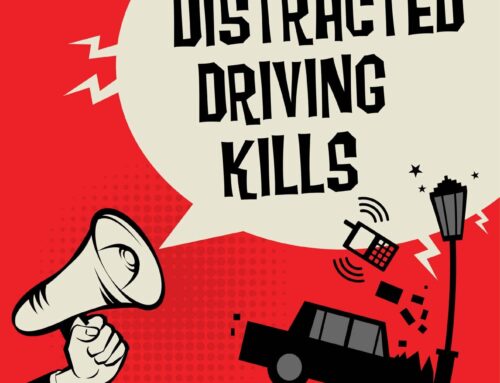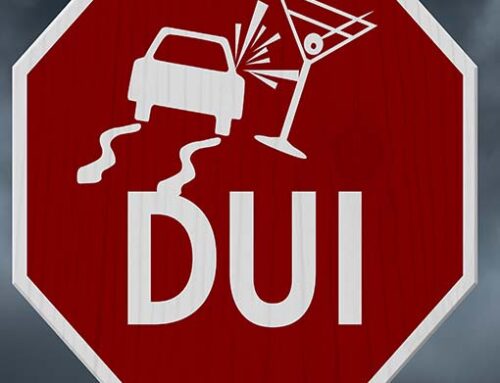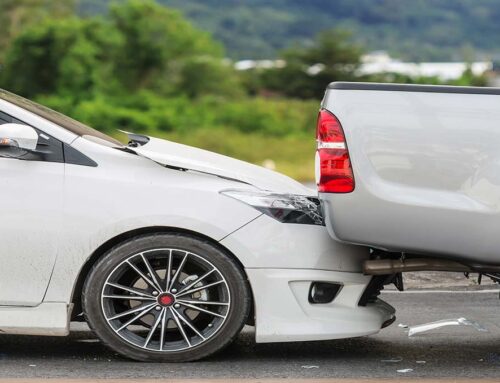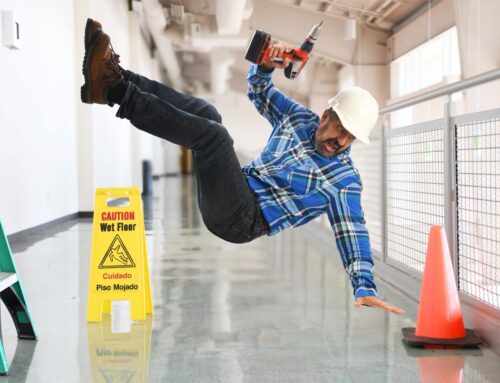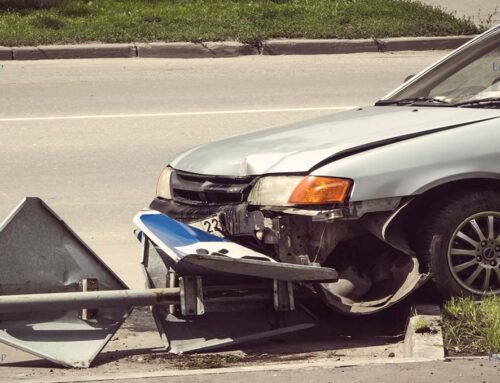Imagine cruising through the highway at moderate speed. Approaching the intersection, you took your eyes off the road for a couple of seconds to adjust the volume of the radio. But those few seconds are all it took for the traffic light to change.
Because you didn’t notice the car in front of you slowed down, your car crashed into it. Whichever way you look at it, this accident was your fault. So what do you do now?
In our series of articles, we always featured scenarios where you are the party who sustained injuries or incurred damages as a result of car accidents. But what if you are the erring driver? Are you wondering what to do if the car accident was your fault? Let’s explore this context.
Getting into a car crash is scary enough by itself. But when the accident was your fault, it’s all the more stressful. You tend to feel even worse because you will likely shoulder the repair costs and other expenses for your vehicle and of the car you bumped.
When you get in a car accident, there are a few things you should do. Similarly, there are things you should never do. In this article, we will focus on those things.
What to Do
Accidents can happen, especially in fast-moving roadways where a quick moment of distraction may lead to catastrophic consequences. When it was you through your fault or negligence that set off the car accident, here are important steps to consider. These simple guidelines seek to protect your rights while saving you from hassle down the road.
Call the police. In all car accidents, whether minor or high-speed, you will need to call law enforcement officers. The reason behind this, among many others, is that you need a police report in support of your claim for compensation for damages with your insurance provider.
Check for injuries. It could be a scratch, bruise, muscle strain, or sprain. Injuries are not uncommon in car accidents. So make sure to check your person for injuries. Same goes with other people in the car. See if they suffered minor or major injuries. Call an ambulance if you’re not sure as to the severity of their injuries.
Exchange contact and insurance information with other drivers. Make sure you request for these bits of information of the other drivers. Obtain their phone number, email, and insurance information whenever possible.
Take photos. Make sure to get photos of the scene of accident as well as the damage incurred by all vehicles involved. These images will come in handy when you need to file an insurance claim, among other things.
Call your insurance provider. Notify your insurance provider about the car accident.
Never Do These Things
Don’t let your emotions get the best of you. In a stressful situation such as a car accident, emotions tend to run high. Avoid getting mad or causing a scene by yelling or otherwise. Stay calm and relaxed. It can help you think better.
Never admit fault. Even if you believe it was entirely your fault, never say it was you who caused the car accident. This admission may be exploited by the other drivers, creating more liability for you.
Don’t apologize just yet. While it’s good to express regret over something you believe was your wrongdoing, don’t apologize just yet. Your apology might be construed as an admission of fault or negligence.
Never discuss the details of the accident. As a rule, only speak with the police, your insurance provider, or lawyer about the details of the accident.
Never leave the scene first. Make sure the police have investigated and made a report about the accident before leaving the scene.
In case of doubt, speak with a highly experienced car accident attorney to ensure that your rights and interests are protected.

